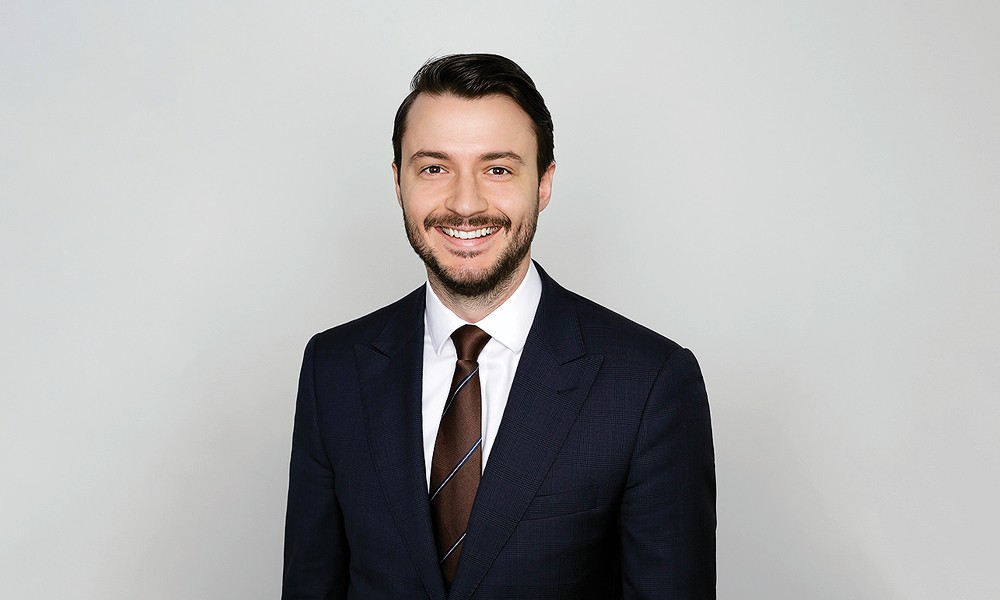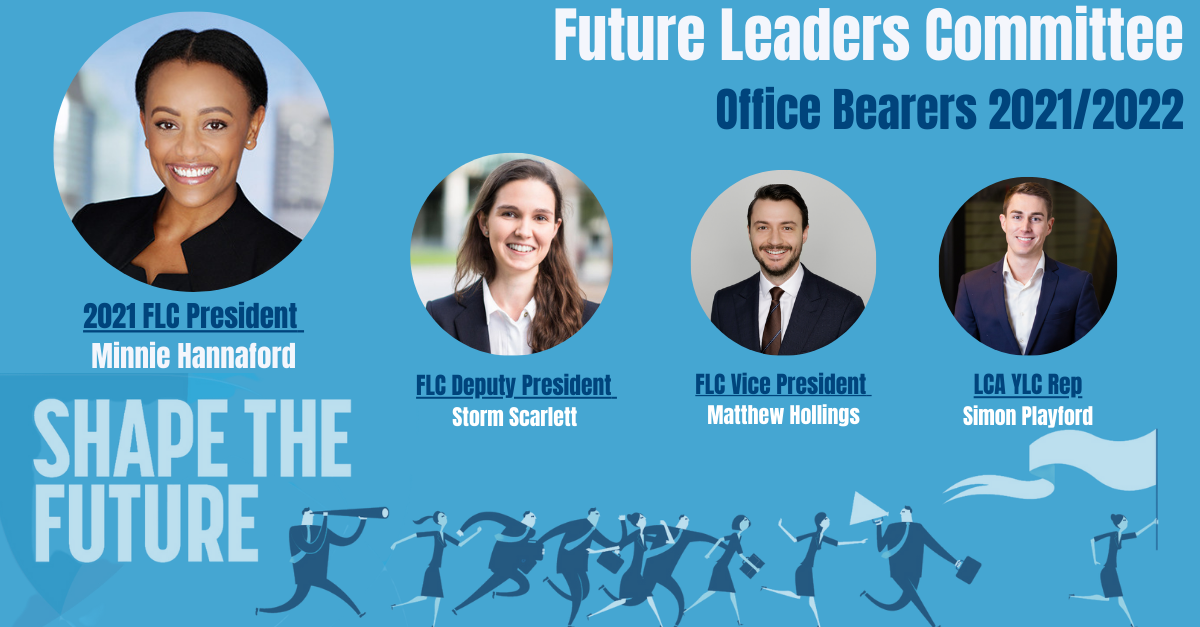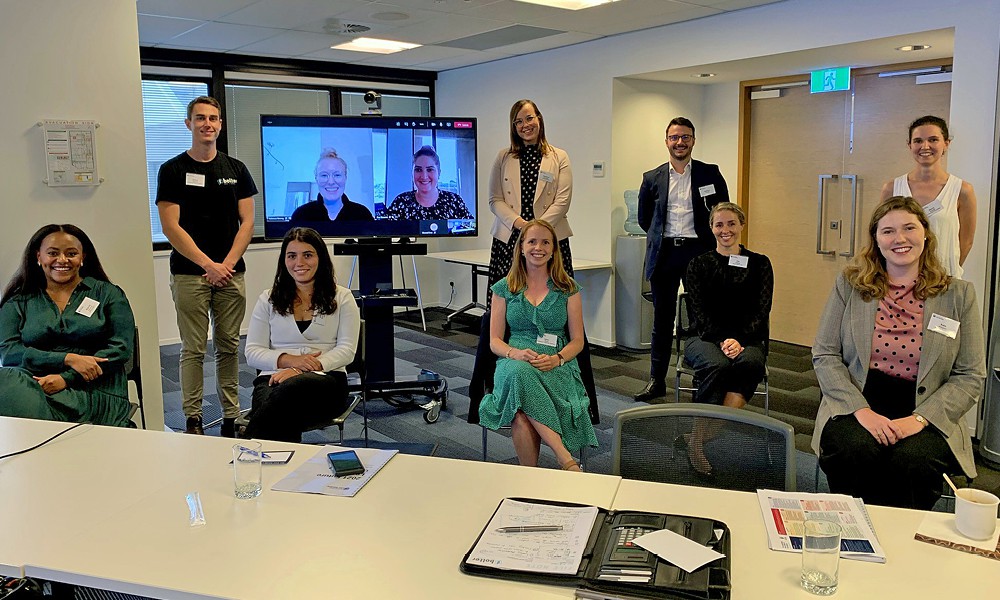There has probably never been a time the legal profession needed its future leaders more than now. But, why?
The truth of it is the legal profession and our society is changing in ways that we don’t fully understand and it is happening in a compressed timescale as no generation has ever had to contend with.
A typical example may be simply our response to the ongoing pandemic. It has changed the attitudes of many in the profession to how working from home can be successfully done and how more flexibility in employment relationships is a desirable thing. It has convinced institutions to permit electronic signing of documents, email lodgement of court forms, virtual hearings and appearances, and new ways of doing things that are both positive from a public health perspective but are also more efficient. Much of the technology being deployed in response to COVID-19 is not new, but widespread adoption without the traditional hesitation is. Necessity has become the mother of invention.
Despite the acute changes we are now seeing on the community, there are deeper and more seismic changes happening that are disrupting the order and balance of the legal profession. One very big tidal shift is the change of generations and the different outlooks each brings.
In QLS members terms of QLS members:
- The Builders are almost all gone, with their experience of the Depression and the time between the Great Wars
- The Baby Boomers are retiring and looking to career transition, with key knowledge and experience to pass on to our future leaders but too often little connection or opportunity
- Generation X have likely passed their apogee and have turned the corner, still waiting for the Boomers to hand over the reins, but with the technology, skills to play a role in shaping the future
- Generation Y is rising, comprising digital natives and familiars, with the ability and promise to lead their profession but needing to access the benefit of transferred knowledge and experience from the Boomers before they exit
- Generation Z just starting out, born with internet and digital technology as givens in their lives, will change the world again.
Similar to lawyers, the clients of lawyers are changing too and with that generational shift, expectations change too. Consumers are used to digital solutions targeted to their needs and carefully curated for their experience are right to want legal services focused on their benefit, rather than centered on the perspective of the expert lawyer. Client-centric solutions rather than law-centric are the challenge to be overcome.
These few examples of the great hurdles for the legal profession are as intangible as they are real. Teaching the legal profession to think and act differently can‘t be done in short order or in isolation.
Our Future Leaders have their work cut out for them. But it is also why the law needs its future leaders now more than ever. The journey the legal profession must take from here needs innovation, new thinking, radical ideas but also collaboration and the benefit of past learnings.
The truth of it is that the time for our Future Leaders to shape the practice of law into the profession they want to see has never been better or more needed.
Help shape the future of the legal profession. Find out more about the Future Leaders Committee election: www.qls.com.au/FLCelection














Share this article